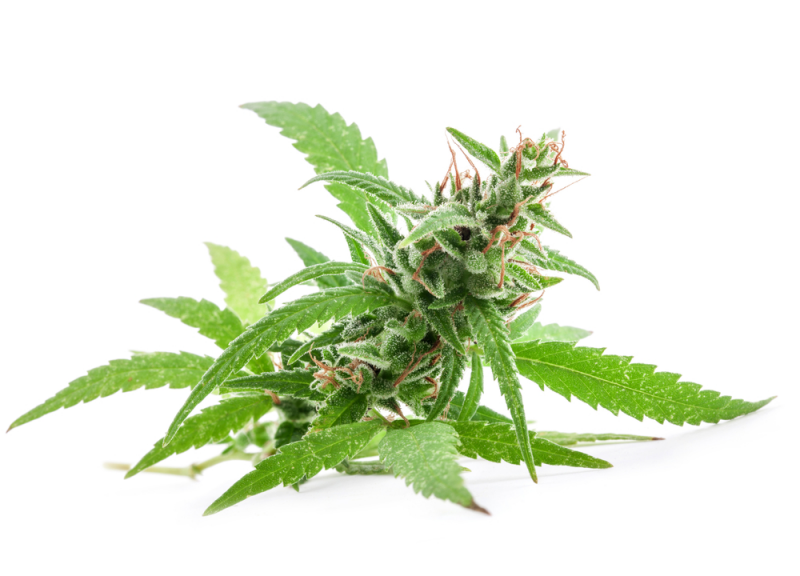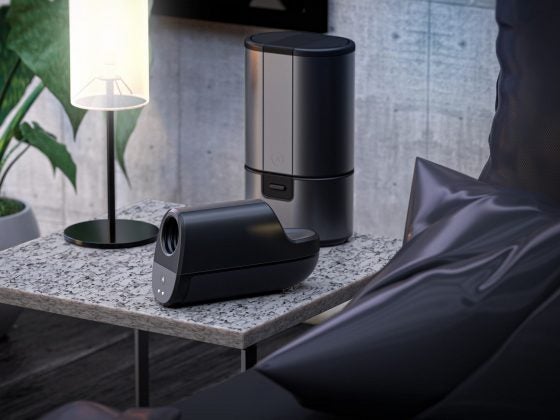As cannabis laws creep across the country, almost every state has loosened its regulations to permit a wide array of medical use. Recreational use, too, is expanding beyond with West Coast, with states like New Jersey and South Dakota passing adult-use laws just this past year.
States with strong cultures of individualism were among the first to legalize cannabis for medical and/or recreational use — even historically conservative states like Montana and Alaska have permitted adults to buy and consume weed for years now.
And yet, Texas lags behind. Though Texas does have a medical marijuana program, it is notoriously restrictive, encouraging those seeking cannabis treatments to journey to Texarkana dispensaries, towns on the Oklahoma border or even as far as Colorado for safe, legal weed. Texas isn’t nearly as conservative as some other states that have more progressive cannabis regulations; a number of Texan cities are notoriously blue, and congressional races have been close in recent years. Still, the Lone Star State doesn’t seem even close to changing its mind on marijuana. Why?
How Texas Medical Marijuana Works
In 2015, the Texas Legislature and Governor Greg Abbott signed into law the Texas Compassionate Use Program (CUP), which is a medical marijuana program by the most generous of definitions. At that time, Texas only permitted the consumption of low-THC cannabis oils — essentially CBD oils — and only for those suffering from serious and otherwise untreatable forms of epilepsy. In 2019, the bill was mercifully expanded to include a handful of other devastating health conditions, like terminal cancer and incurable neurodegenerative disorders. Even today, only seven types of disorders make patients eligible for participation in the program, which does not necessarily guarantee access to the type of cannabis products shown to provide medical benefit.
CUP is considered to be the most restrictive medical marijuana legislation in the U.S. Despite rampant activism across the state to expand medical regulations, most bills for increasing cannabis access have failed to take hold in the state legislature. As a result, many Texans use their medical marijuana cards to acquire better treatments across the border, at Texarkana dispensaries in Arkansas or dispensaries in Oklahoma or Colorado.
Why Texas Lawmakers Don’t Prioritize Pot

For one, the state maintains a strong sense of social conservatism, which deems cannabis consumption to be immoral. While Libertarian-Republicans might support individuals’ rights to almost any action, even actions they deem reprehensible, social conservatives more often try to restrict behaviors they deem wicked or depraved.
For another, Texans tend to maintain a strong, insular identity that isn’t particularly kind to those outside their social or cultural group. Because cannabis consumption isn’t as common in Texas as in other states — even other conservative states — those who use cannabis are often seen as “outsiders” who should be eliminated to prevent potential harm to the in-group. Until this isolationist attitude wanes amongst Texas Republicans, it is unlikely that further cannabis legislation will get anywhere in the state legislature.
When Texas Will Legalize Weed for Real
Perhaps the only potential pot has for legalization in the Lone Star State is as a fiscal rescue. The coronavirus pandemic and the ongoing winter storm crisis have plunged Texas into significant financial turmoil, with more Texans than ever relying on government aid. Currently, there is nearly $5 billion missing from the state budget, and that deficit is only likely to increase as the storm crisis unfolds.
Cautious estimates
suggest that a recreational cannabis industry in Texas could generate as much as $2.7 billion in sales annually, and following the Colorado tax model, Texas could rake in over $1.1 billion in tax revenues. Though that wouldn’t cover the budget deficit in one year, it would certainly help to pay for important programs around the state — like maintaining and improving the energy grid to prevent future winter storm disasters. What’s more, a legal recreational industry would likely generate between 20,000 and 40,000 jobs, giving individualistic Texans more power to pick up their own bootstraps.
Even optimistic cannabis activists don’t project legal weed in the Lone Star State anytime soon. Still, it is possible that Texas’s current troubles could stir conservatives into action, radically improving cannabis regulations in record time.

















